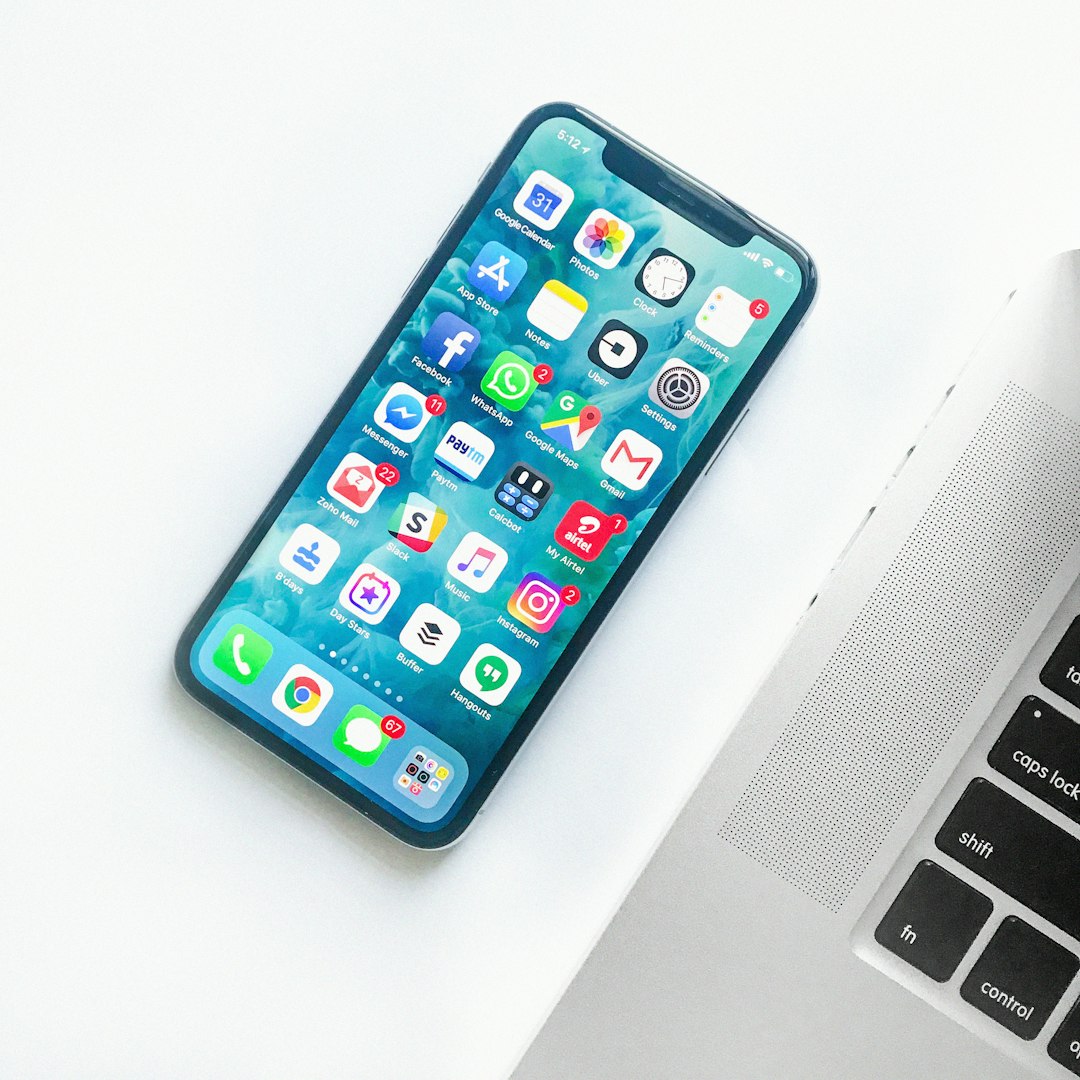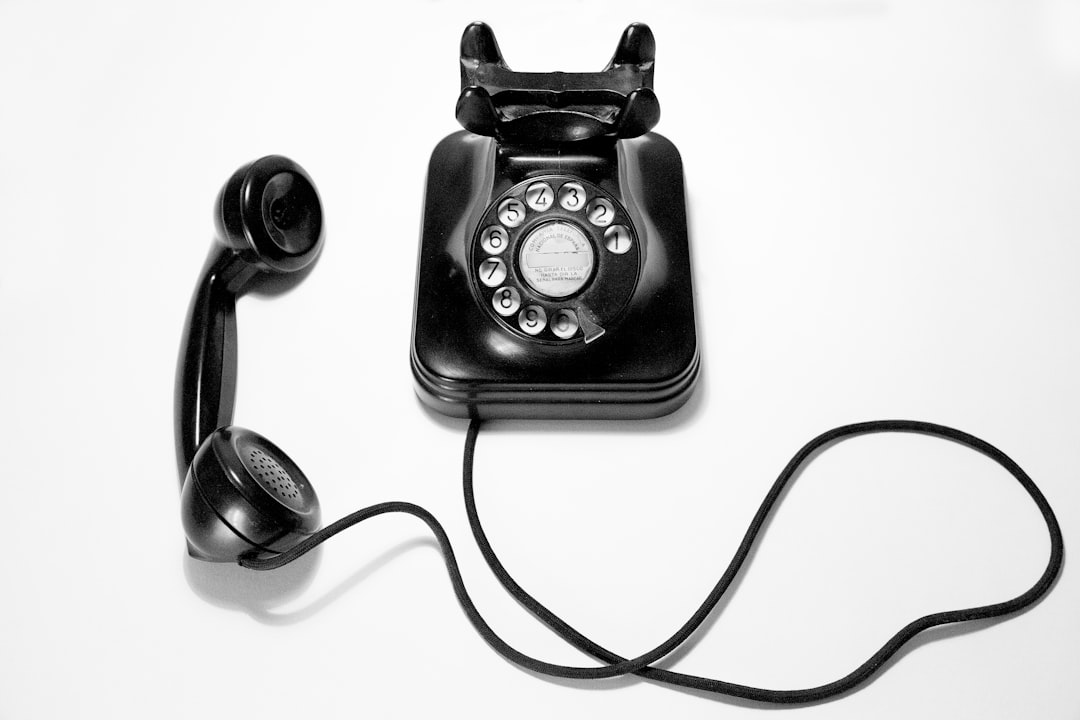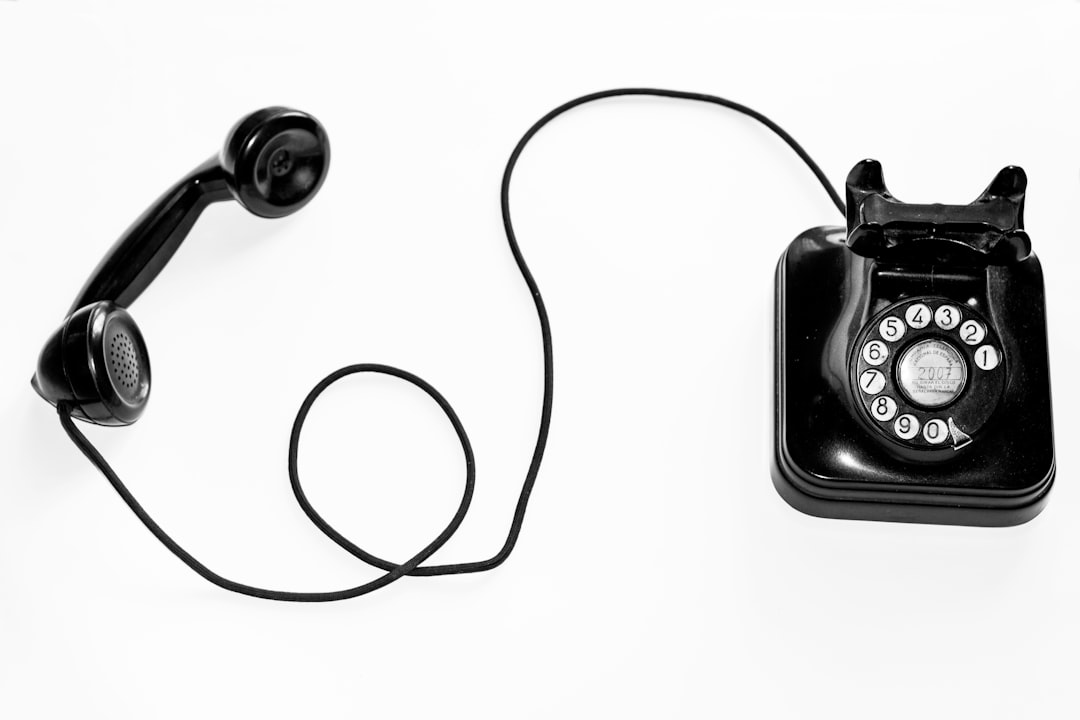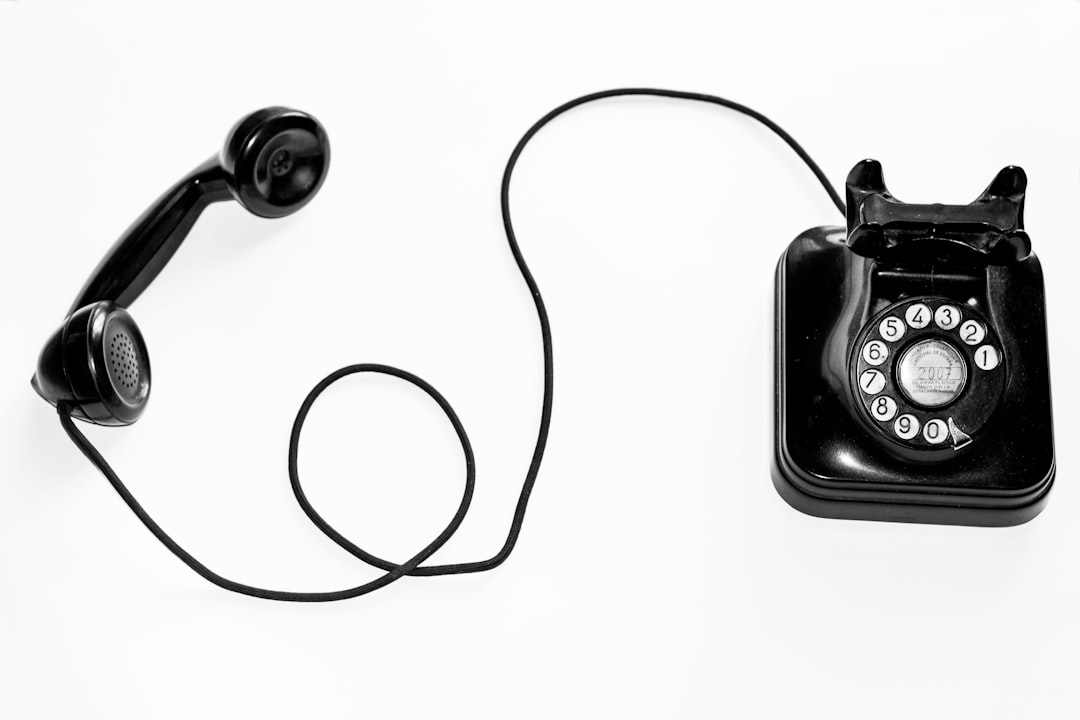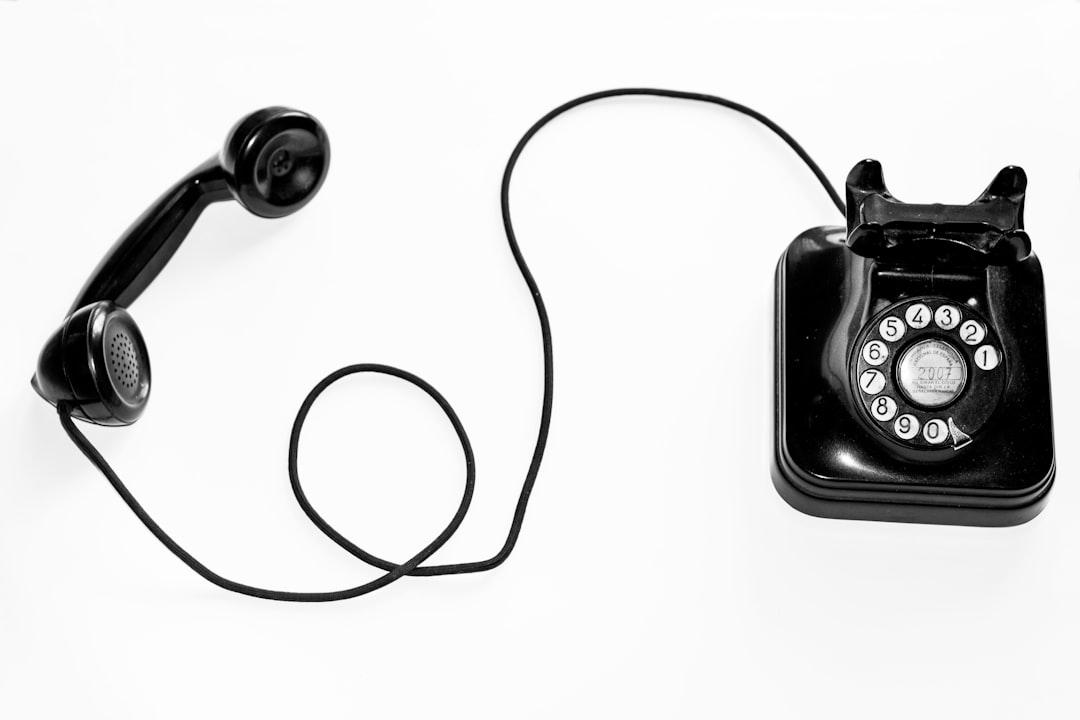Florida, particularly Orlando, has strict consumer protection laws that regulate autodialer usage in telemarketing due to concerns over unwanted calls and text messages. Businesses must adhere to the Telephone Consumer Protection Act (TCPA) and local regulations like the Florida Telemarketing Act to avoid fines and legal issues. Engaging an autodialer lawyer in Florida is crucial for navigating these complex rules, ensuring proper call categorization, consent acquisition, and compliance with the National Do Not Call Registry and DNC list. Non-compliance can lead to substantial penalties and class-action lawsuits, emphasizing the importance of expert legal guidance.
“In Orlando, as across Florida, the use of autodialers for telemarketing purposes comes with a complex web of legal considerations. This article navigates the key challenges faced by autodialer users in Central Florida, exploring state and local regulations, particularly those pertaining to consumer privacy and protection. From understanding the legal implications of autodialer technology to identifying and mitigating unlawful automated calls, this guide also highlights the importance of consulting a specialized autodialer lawyer in Florida for effective representation.”
Understanding Autodialers and Their Legal Implications in Florida

Autodialers, also known as automatic phone dialing systems, have become increasingly common in marketing and sales strategies. These technologies enable businesses to automate calls to potential customers, streamlining their outreach processes. However, while autodialers offer efficiency, they also present legal challenges for users in Florida, particularly when it comes to consumer protection laws.
In Orlando, as in the rest of Florida, the use of autodialers is governed by strict regulations designed to safeguard consumers from unwanted and harassing phone calls. These rules apply to both automated voice recordings and text messages sent through such systems. Consumers have the right to request exclusion from these calls, known as the National Do Not Call Registry. Moreover, Florida’s Telemarketing Act imposes restrictions on when and how autodialers can be used, ensuring that businesses respect consumers’ privacy and consent. For individuals facing issues related to autodialer use or seeking guidance on legal implications, consulting with an experienced autodialer lawyer in Florida is advisable to navigate these complex regulations effectively.
Navigating Telemarketing Laws and Regulations in Orlando

In Orlando, as across Florida, telemarketing activities are subject to stringent legal frameworks designed to protect consumers from unsolicited calls and ensure fair business practices. Companies utilizing autodialers—automated systems that dial phone numbers en masse—must adhere to strict regulations to avoid legal repercussions. Failure to comply with these rules can result in substantial fines and damage to a company’s reputation.
Navigating these laws requires a thorough understanding of the Telephone Consumer Protection Act (TCPA) and its local implementations. An autodialer lawyer in Florida can offer invaluable guidance, ensuring businesses stay compliant by accurately identifying and categorizing calls as marketing or non-marketing, obtaining proper consent for automated dialing, and providing clear opt-out mechanisms to recipients. Regular reviews and updates to telemarketing policies are essential to staying ahead of evolving legal standards.
The Do-Not-Call List: Rights and Responsibilities for Autodialer Users

In Florida, including Orlando, the Do-Not-Call List (DNC) plays a pivotal role in regulating telemarketing practices. As an autodialer user, understanding your rights and responsibilities regarding this list is crucial. If you’re using an autodialer to make calls, it’s essential to ensure that your contact list complies with the DNC regulations. This means verifying that the numbers have not been registered on the Do-Not-Call List before initiating any automated calls.
Autodialer lawyers in Florida highlight that failure to comply with this regulation can lead to significant legal challenges. Businesses are required to obtain explicit consent from recipients and provide a clear opt-out mechanism. Any violation, such as calling numbers listed on the DNC, may result in substantial fines and legal repercussions. Therefore, it’s vital to consult with an autodialer lawyer in Florida to ensure your practices align with state laws and protect your business from potential legal risks.
Unlawful Automated Calls: Identifying and Protecting Against Spamming

In Florida, including Orlando, using an autodialer for unlawful automated calls, often referred to as spamming, is strictly regulated and can have severe legal consequences. These regulations are in place to protect consumers from unsolicited and unwanted phone communications, ensuring their privacy and peace of mind. If you’re involved with or facing issues related to autodialer usage, seeking advice from an experienced autodialer Lawyer Florida is crucial.
Unlawful automated calls can lead to significant fines and legal penalties. Consumers have the right to sue for damages if they receive spam calls, and such actions often result in class-action lawsuits. To identify and protect against spamming, it’s essential to understand the laws, including the Telephone Consumer Protection Act (TCPA). A qualified attorney specializing in this area can guide users on how to navigate these legal challenges, ensuring their rights are upheld while utilizing autodialer technology responsibly.
Finding the Right Autodialer Lawyer in Florida for Your Case
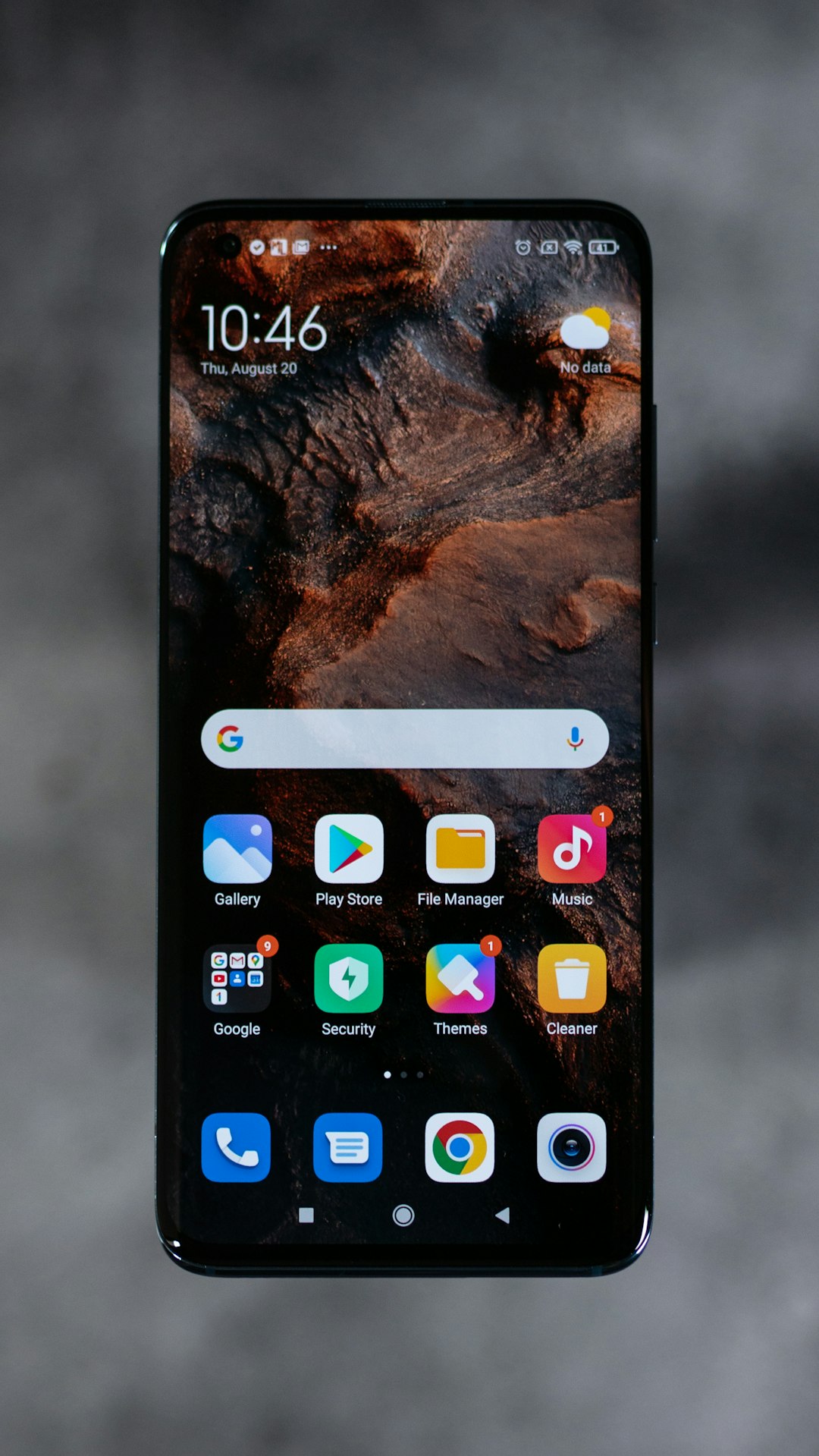
Choosing the right legal representation is a crucial step in navigating any legal challenge, especially with complex cases involving technology like autodialers. When seeking an autodialer lawyer in Florida for your case, it’s essential to find someone well-versed in telecommunications law and experienced in handling similar disputes. Look for attorneys who specialize in privacy law and have a proven track record of success in court.
In Orlando, there are several legal practices with experts in this field. Consider those with a strong understanding of the Telephone Consumer Protection Act (TCPA) and other relevant regulations. Review their case histories to ensure they’ve effectively represented clients in autodialer-related matters. Additionally, check for positive client testimonials and an approach that aligns with your needs, ensuring open communication throughout the legal process.
